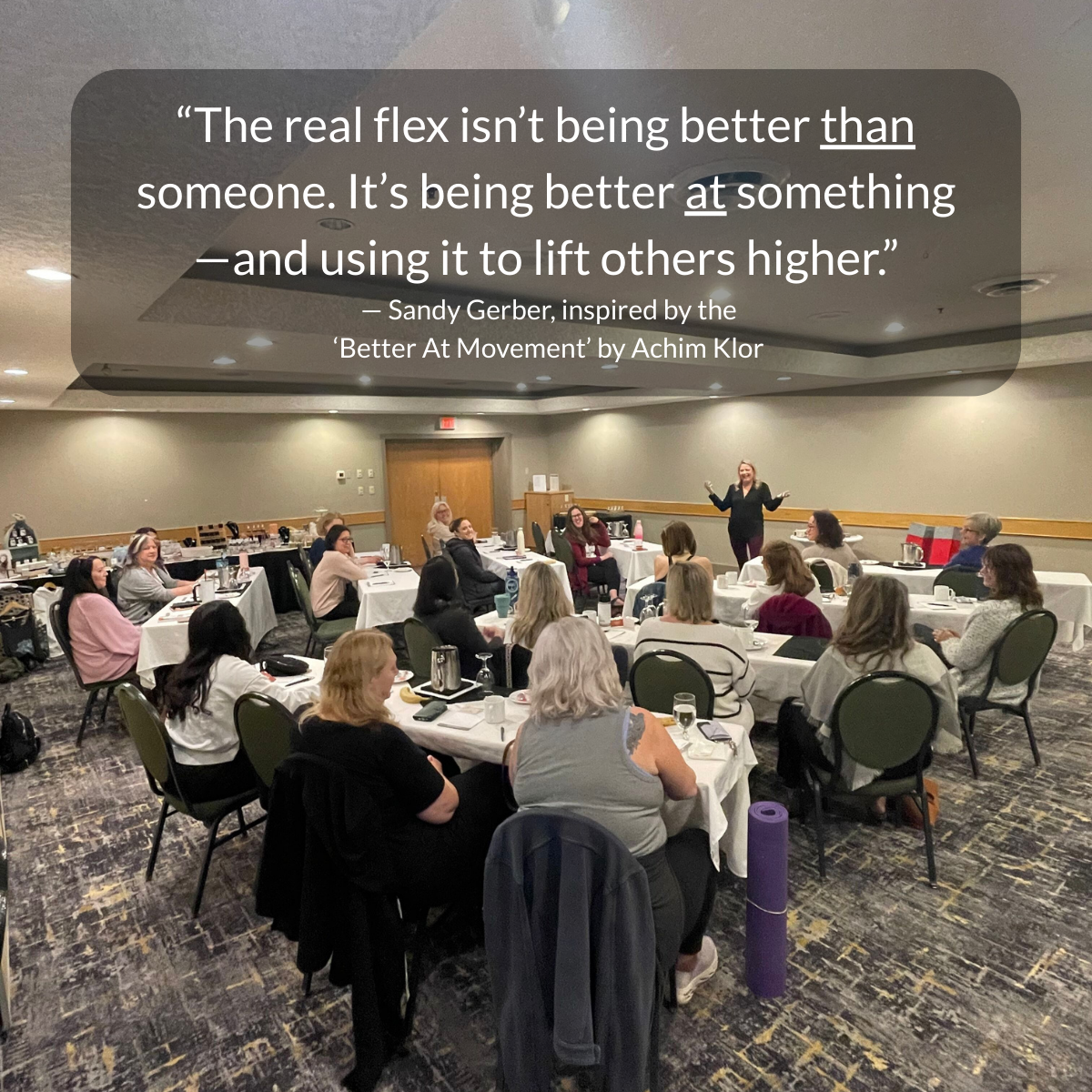All too often our relationships are hampered by communication barriers. This can lead to misunderstandings, resentments, frustrations, and demoralization.
Everyone experiences communication issues at some point in their life. There are sixteen different behaviors that can directly block successful communication.
Communication Barrier Groups
The communication barriers are grouped into three themes, “Solo”, “Helpers” and “Analyzers”. You will want to pay attention to which theme and barriers you use. These barriers can be the reason you are experiencing a hard time connecting with others.
“Solo”
You are likely to use these barriers if your communications mostly focus on you and your benefits. We can get trapped in a world of ideas about rightness and wrongness, judging others and their behavior. These same ideas block our ability to think of ourselves and others in an empathetic or emotionally vulnerable way. It is important to identify and own the responsibility of your communication barriers so you can begin eliminating them.
- Avoiding Concerns – This barrier happens when you only focus on facts and avoid the feelings of the other person.
- Being Right – You will go to any length (alter facts, shout, accuse, bring up past mistakes) to avoid being wrong.
- Sparring – You argue and debate with people, the other person never feels heard because you are so quick to disagree.
- Moralizing – You create a moral judgment of the person while they are speaking which allows your own perspectives to get in the way of what the person is actually saying.
- Rehearsing – Your mind is going a mile a minute about your own internal stuff but not about what is being communicated. Some people rehearse lengthy responses; “I’ll say…then he’ll say…then I’ll say…”, etc.
- Identifying – You take everything a person tells you and relate it back to your own experience and you start to talk about your story before they finish theirs. Everything you hear reminds you of something you have felt, thought, done or suffered.
- Judging – You prejudge someone as stupid or nuts or unqualified, you can’t pay much attention to what they are saying.
- Dreaming – Half listening and something the person says suddenly triggers a chain of private thoughts.
“Helpers”
You are likely to use these barriers if your communications mostly focus on helping others and providing solutions. Although you intend to communicate effectively, you may be restricting deeper connections with people by appeasing, directing or working to provide a solution without being asked. Ask yourself if you have constructed any of the following communication barriers in your relationships:
-
- Derailing – Switching the topic when it appears the conversation may be getting too emotional or going down a path that you are not interested in.
- Sending Solutions – Looking to solve a problem that may or may not be there, you are always ready to help and make suggestions. You only have to hear a couple of sentences and you begin to search for the right solution.
- Placating – You want people to like you so you agree with everything. You want to be nice, supportive and easy to be with. Sounds a bit like “right,…right,…absolutely,…I know of course you are..”.
“Analyzers”
You are likely to use these barriers if you mostly focus on analyzing and assessing communications from a distance. The analyzer negatively impacts communication by using comparisons and can block feeling compassion and empathy for the other person. With your communication barriers awareness, you can begin eliminating them and be one step closer to improving your communication.
- Comparing – You are always trying to assess who is smart, more competent, and more emotionally healthy, you or the other person.
- Mind Reading – Trying to figure out what the other person is really thinking and feeling. These notions are born or intuition, hunches, and vague misgivings, but have little to do with what is trying to be communicated by the other person.
- Diagnosing – Instead of listening to the substance of what’s being said, we play emotional detective, looking for hidden meaning and motives.
- Filtering – You listen to some things but not everything.
- Excessive or Inappropriate Questioning – Always searching for a question to ask potentially takes the focus off a more formal response from you.
These sixteen communication barriers can harm relationships. Do you know what is blocking your communication? Once you become aware of your communication barriers you can begin to make changes if you see that you may be part of the problem.
Join me in my training programs, workshops, and bootcamps to quickly identify your barriers and begin to eliminate them. 🙂




0 Comments